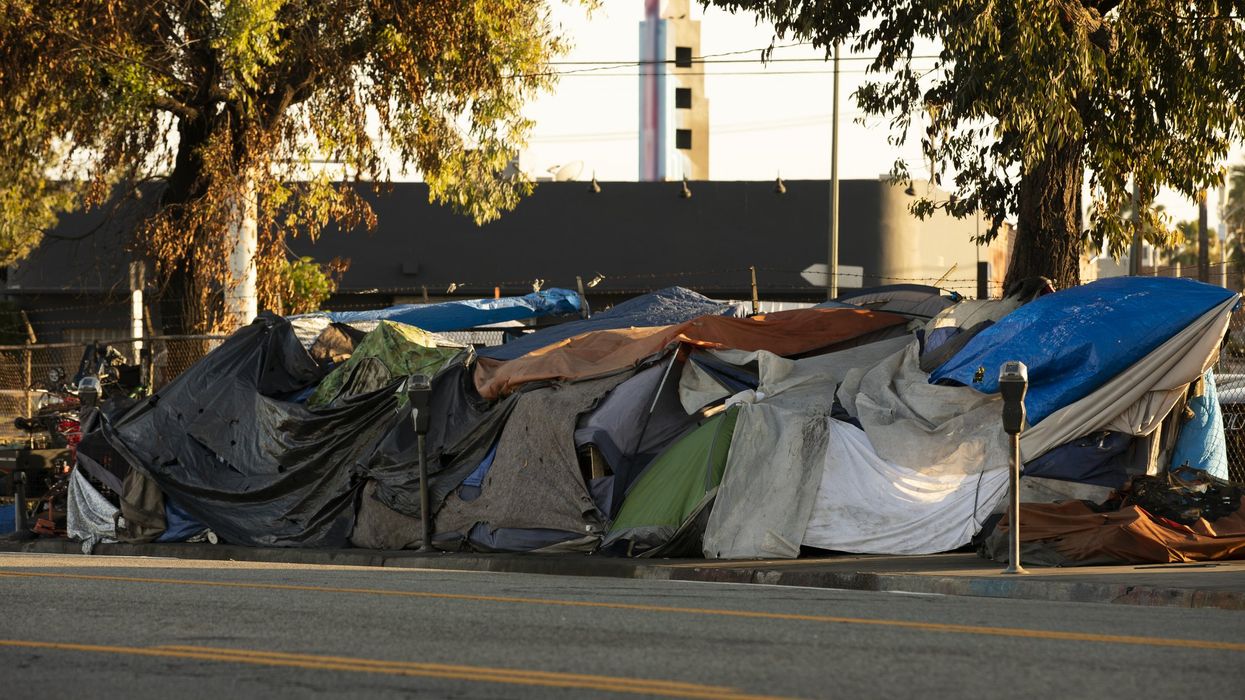
MattGush/Getty Images stock photo

The Supreme Court of the United States has agreed to hear arguments about whether local laws meant to deter homeless camps amount to "cruel and unusual punishment" of homeless people.
Last Friday, SCOTUS announced that it would consider the issue after a series of rulings from the Ninth Circuit Court of Appeals — the federal appellate court that covers all Western states, including Alaska, Arizona, California, Oregon, and Washington. In general, those rulings have determined that denying homeless people a place to sleep on the streets constitutes "cruel and unusual punishment," prohibited by the Eighth Amendment.
In one case, a Ninth Circuit panel ruled 2-1 that San Francisco could not enforce ordinances barring "sleeping, lodging, or camping on public property," including parks. The justices voting in the majority were both Biden appointees. The lone dissenter was appointed by former President Donald Trump.
In another instance, a Ninth Circuit panel ruled 2-1 that Grants Pass, Oregon, a city of about 38,000 residents, could not outlaw the use of "a blanket, pillow, or cardboard box for protection from the elements" since the city did not offer "adequate shelter" for the 50 to 600 homeless people living in the area. When the case was presented to the whole court, the panel's ruling was upheld 14-13.
Grants Pass immediately appealed the decision to the Supreme Court. Theane Evangelis, the attorney representing Grants Pass, argued that those Ninth Circuit rulings are not only "legally wrong" but they have "tied the hands of local governments as they work to address the urgent homelessness crisis."
The rulings "are actually harming the very people they purport to protect," she added.
Many leaders across Western states, including California Gov. Gavin Newsom, have joined the appeal from Grants Pass so they can better understand how to tackle the homeless crisis within their purview.
"California has invested billions to address homelessness, but rulings from the bench have tied the hands of state and local governments to address this issue," said Newsom, whose state reportedly has nearly 600,000 homeless residents. "The Supreme Court can now correct course and end the costly delays from lawsuits that have plagued our efforts to clear encampments and deliver services to those in need."
Ed Johnson, the attorney who brought the suit against Grants Pass on behalf of multiple homeless people, claimed that local ordinances such as those in Grants Pass threaten homeless people, many of whom simply do not have other options besides the streets. "The issue before the Court is whether cities can punish homeless residents simply for existing without access to shelter," he said. "Nevertheless, some politicians and others are cynically and falsely blaming the judiciary for the homelessness crisis to distract the public and deflect blame for years of failed policies."
Court documents indicate that, in at least some cases, city officials attempted to offer homeless people temporary shelter at local facilities, but those offers were refused. They also mention the concerns of other residents who worry about the crime, disease, and blight that homeless camps so often bring.
The high court said it would hear arguments in April and issue a decision sometime in June.
Like Blaze News? Bypass the censors, sign up for our newsletters, and get stories like this direct to your inbox. Sign up here!